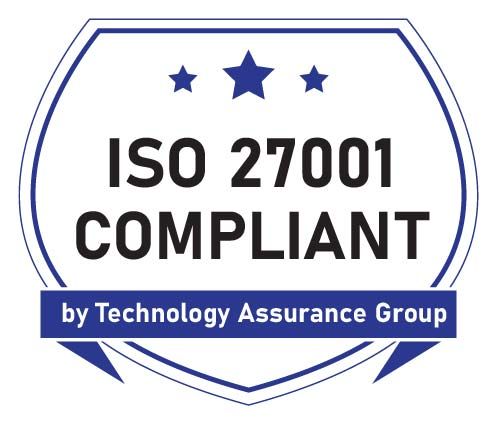August 25, 2025
Artificial intelligence (AI) is generating tremendous buzz—and for very good reasons. Cutting-edge tools like ChatGPT, Google Gemini, and Microsoft Copilot are revolutionizing the way businesses operate. Companies leverage AI to craft content, handle customer inquiries, draft emails, summarize meetings, and even assist with coding and spreadsheet tasks.
While AI can dramatically boost productivity and save valuable time, it comes with risks. Misusing this powerful technology can seriously compromise your organization's data security.
And this threat extends to businesses of all sizes—even small enterprises.
Understanding the Core Issue
The challenge isn’t the AI itself, but rather how it’s applied. When employees input sensitive or confidential information into public AI platforms, that data may be stored, analyzed, or used to train future AI models—often without anyone realizing it. This can lead to unintended exposure of private or regulated information.
For example, in 2023, Samsung engineers accidentally shared internal source code on ChatGPT. The leak was so serious that Samsung banned the use of public AI tools company-wide, as reported by Tom's Hardware.
Imagine this happening in your own workplace—an employee pastes client financial records or medical details into ChatGPT to "get a quick summary," unaware of the potential consequences. Sensitive data could be compromised within moments.
Emerging Threat: Prompt Injection Attacks
Beyond accidental leaks, cybercriminals are exploiting a sophisticated tactic called prompt injection. They embed harmful commands inside emails, transcripts, PDFs, or even YouTube captions. When AI tools process this content, they can be manipulated into revealing confidential information or performing unauthorized actions.
In essence, the AI unwittingly assists attackers, unaware of the manipulation.
Why Small Businesses Are Especially at Risk
Many small businesses don’t actively supervise AI usage. Employees often adopt AI tools independently, with good intentions but without formal guidance. They may assume AI platforms are just enhanced search engines, unaware that their inputs could be permanently stored or accessed by others.
Moreover, most companies lack clear policies or training programs to guide safe AI use.
Practical Steps to Protect Your Business Today
You don’t have to ban AI outright, but taking charge is essential.
Start with these four key actions:
1. Develop a clear AI usage policy.
Specify which AI tools are authorized, outline what data must never be shared, and designate a contact for questions.
2. Train your team thoroughly.
Educate employees about the risks of public AI tools and explain how threats like prompt injection operate.
3. Adopt secure, enterprise-grade platforms.
Encourage use of trusted AI solutions like Microsoft Copilot that prioritize data privacy and compliance.
4. Monitor AI activity closely.
Keep track of which AI tools are in use and consider restricting access to public AI services on company devices if necessary.
Final Thoughts
AI is an invaluable asset for modern businesses—but only when used responsibly. Companies that embrace safe AI practices will unlock tremendous benefits, while those that overlook the risks invite costly security breaches and compliance failures. A few careless keystrokes could expose your business to hackers or regulatory penalties.
Let's discuss how to safeguard your company from AI-related risks. We’ll help you craft a robust, secure AI policy that protects your data without hindering your team’s efficiency. Call us today at 817-589-0808 or click here to schedule your 30-Minute Discovery Call.






